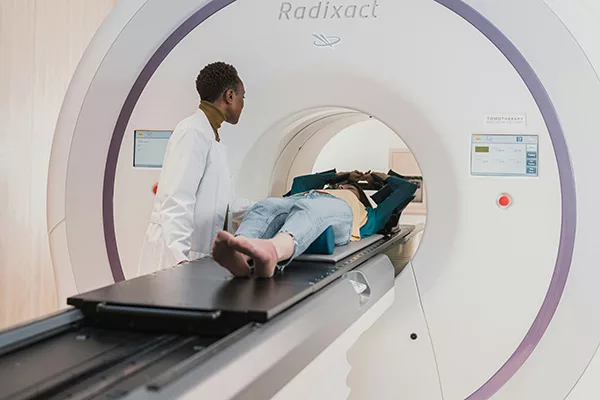Traumatic brain injury (TBI) is a serious medical condition that occurs when a sudden blow or jolt to the head disrupts the normal function of the brain. It can result in a wide range of physical, cognitive, emotional, and social difficulties. TBI can happen to anyone, and its effects can last long after the initial injury. In this article, we will explore the lifelong consequences of traumatic brain injury and the challenges individuals with TBI may face.
What is Traumatic Brain Injury?
Traumatic brain injury occurs when there is a forceful impact or penetrating injury to the head that damages the brain. Common causes of TBI include falls, motor vehicle accidents, sports-related injuries, and physical assaults. The severity of TBI varies from mild to severe, depending on the extent of brain damage.
Immediate Effects of Traumatic Brain Injury
Immediately after a TBI, individuals may experience a wide range of symptoms. These can include headaches, confusion, dizziness, nausea, memory problems, blurred vision, and difficulty speaking or understanding language. In more severe cases, loss of consciousness, seizures, or paralysis may occur.
Physical Consequences of TBI
TBI can lead to various physical consequences that may affect an individual’s daily life. Physical symptoms can include:
- Difficulty with motor skills
- Balance problems
- Muscle weakness or paralysis
- Chronic pain
- Sensitivity to light or noise
These physical limitations may require ongoing medical treatment, physical therapy, or assistive devices to help with mobility.
Cognitive Consequences of TBI
One of the most challenging aspects of TBI is the cognitive consequences it can have on an individual’s thinking and reasoning abilities. Memory problems, difficulty concentrating, impaired judgment, slowed processing speed, and problems with problem-solving skills are common cognitive difficulties experienced by individuals with TBI. These cognitive impairments can make it difficult to complete tasks, learn new information, and participate in school or work activities.
Emotional and Behavioral Consequences of TBI
TBI can also lead to emotional and behavioral changes. Individuals may experience mood swings, irritability, depression, anxiety, and difficulty regulating their emotions. Changes in personality, impulse control, and social skills are also common. It is important to recognize these emotional and behavioral consequences and seek appropriate support and treatment to improve overall well-being.
Social Consequences of TBI
The social consequences of TBI can be profound. Communication difficulties, decreased social skills, and changes in behavior and personality can lead to strained relationships with family, friends, and peers. Individuals with TBI may feel socially isolated and struggle to maintain employment or educational opportunities. It is crucial for their support network to provide understanding, patience, and resources to help them reintegrate into their communities.
Managing the Consequences of TBI
While the lifelong consequences of TBI may present significant challenges, there are strategies and interventions that can help manage these difficulties. Medical treatment, rehabilitation programs, occupational therapy, and speech therapy can support physical and cognitive recovery. Psychological counseling and support groups can aid in addressing emotional and behavioral challenges. Creating a supportive and inclusive environment, educating others about TBI, and fostering social connections can also contribute to the overall well-being of individuals with TBI.
Traumatic brain injury can have lifelong consequences that impact an individual’s physical, cognitive, emotional, and social well-being. It is crucial to understand and recognize these consequences to provide appropriate support and resources for individuals affected by TBI.
It is also important to understand that people with TBI may need help recovering compensation to pay for ongoing treatment and support. With the help of the attorneys at Barber & Associates, many TBI victims have been able to fight for justice and, as a results, were able to pay for the best possible medical treatment.
